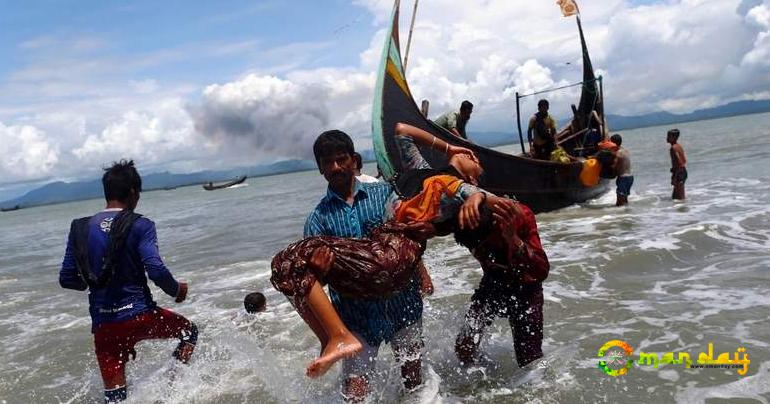Saviours or profiteers? Bangladesh fishermen rescue Rohingya, for a price
Around 400,000 Rohingya have arrived in Bangladesh in less than three weeks
For tens of thousands of Rohingya Muslims, an informal fleet of small wooden fishing boats has meant deliverance from what they say is an indiscriminate assault on their villages by the Myanmar army.
Deliverance, however, comes at a price. Some refugees told Reuters they paid as much as 10,000 taka ($122) per adult to boatmen to make the five-hour crossing from Myanmar's coast to ports in southern Bangladesh.
While the fishermen say they have a moral obligation to help desperate fellow Muslims escaping persecution, Bangladeshi officials accuse them of profiteering. Ordered to stamp out what they call human trafficking, they have made arrests and even set fire to fishing boats.
"Of course we want to keep going back to rescue more people. Our Muslim brothers and sisters are in a bad situation, so I have to go and bring them," said Mohammed Alom, 25, a fisherman in the Bangladeshi village of Shamlapur.
Around 400,000 Rohingya have arrived in Bangladesh in less than three weeks and people are still coming, by land as well as by sea, after attacks by Rohingya militants sparked a fierce counteroffensive by Myanmar's army. Senior United Nations officials have described the violence as "ethnic cleansing".
The influx is placing huge strain on authorities in southern Bangladesh, one of the poorest parts of a poor country.
"Don't say rescuers. The rescuers should be going and they should rescue people, not in terms of money," said Lieutenant Colonel Ariful Islam, Border Guards Bangladesh commander in Teknaf on the country's southern tip, referring to the fishermen bringing refugees ashore.
"These people are very poor, it's just extorting from them whatever they have. We are helping those who arrived, but we're trying to insist that no human trafficking should take place."
"Humanitarian Act"
Reuters interviewed three Rohingya fishermen and two Bangladeshi boat owner-operators, all of whom had made at least two visits to Myanmar in recent weeks.
The men didn't believe the profits they made detracted from what they saw as a rescue mission.
...[ Continue to next page ]
tag: blog , information
Share This Post






